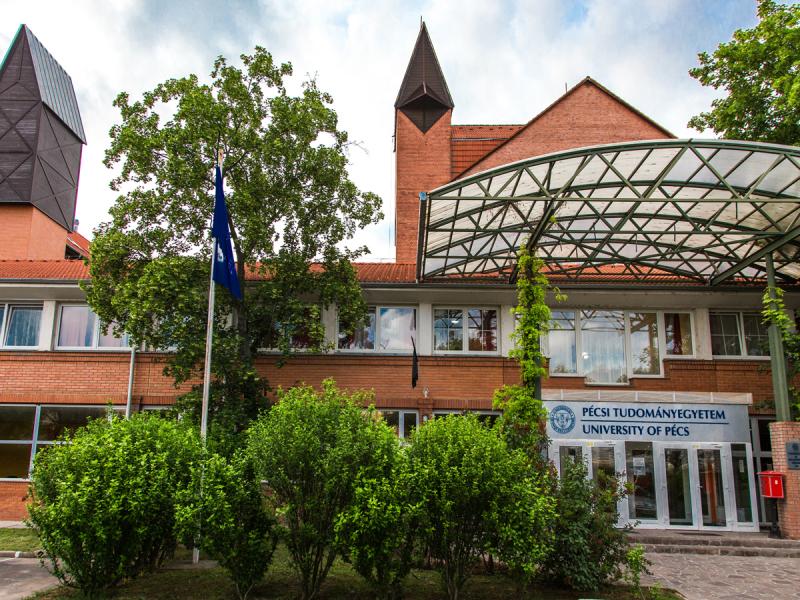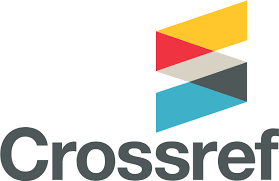Az andragógusképzés a pozsonyi és a pécsi egyetemen
DOI:
https://doi.org/10.15170/PAAA.2014.01.01.07Kulcsszavak:
egyetemtörténet, tudománytörténet, andragógia, Felnőttképzési és Emberi Erőforrás Fejlesztési Kar, Comenius EgyetemAbsztrakt
Adult education and adult teaching, along with the theory and practice of adult training first became known in Germany and in the former Soviet Union from which countries they spread throughout Europe. Since terminology was not uniform, in 1990 the term andragogy was formulated to stand for the theory of adult education or adult pedagogy.
In Slovakia, this shift in terminology also meant the changing of content and the institutional background: before 1990, adult teaching was largely characterized by teaching according to the school system, as well as teaching groups at companies and outside school. Then, in 1990, the degree subject Andragogy was launched at the Department of Andragogy at the Faculty of Humanities at the Comenius University in Bratislava. Andragogy Studies was divided into three large sub-fields: professional, cultural, and social andragogy. In the following years, however, there arose several problems: for personal reasons, adult education based on the school system was not developed further, neither was andragogy in higher education improved, and the elaboration of the programmes of adult educator or cultural programme adviser also failed. Compared to the system before 1990, there arose political and economic differences. Professionals of andragogy articulated different practical and scholarly approaches towards the discipline; this materialized, in the first place, in the clarifying of the relationship between terms. Despite those disputes, the discipline in higher education meant the birth and development of the pedagogy of learned adults, whereas adult pedagogy meant one of the branches of pedagogical sciences, thus both met the requirements of the period. Students could freely choose andragogy as a major. There was also a doctoral programme launched, and it became possible to acquire a doctoral degree in philosophy (the so-called minor doctoral degree). In parallel with these developments, there was a similar degree programme launched at the Faculty of Humanities at the Pavol Jozef Šafárik University in Košice. Instructors of the programme launched scholarly journals, and their books and other publications in the field of Andragogy were also remarkable. After 1990, both institutes created newer theoretical disciplines in the fields of sciences and research.
At the University of Pécs, before 2006, students had the opportunity to acquire a five-year university degree in Andragogy. With the introduction of the Bologna system – which also meant the changing of the structure of elective degree subjects – students can now receive a BsC degree in the three-year programme, and after completing two further years of study, they can receive an MsC degree diploma.
Since the Spring Term of 2004, Andragogy has become an independent degree subject in the field of humanities, within the educational track of pedagogy-psychology. In 2005, students could still opt to obtain a subject degree as a specialist in adult education or human organizer, as well as in the fields of labour counselling, cultural management, human resource management. In the new programme structure, these educational branches merged into the subject degree Andragogy where the previously independents programmes became elective specialization tracks.
(Translated by Gabriella Hartvig)
Letöltések

Downloads
Megjelent
Hogyan kell idézni
Folyóirat szám
Rovat
License

This work is licensed under a Creative Commons Attribution-NonCommercial-NoDerivatives 4.0 International License.










